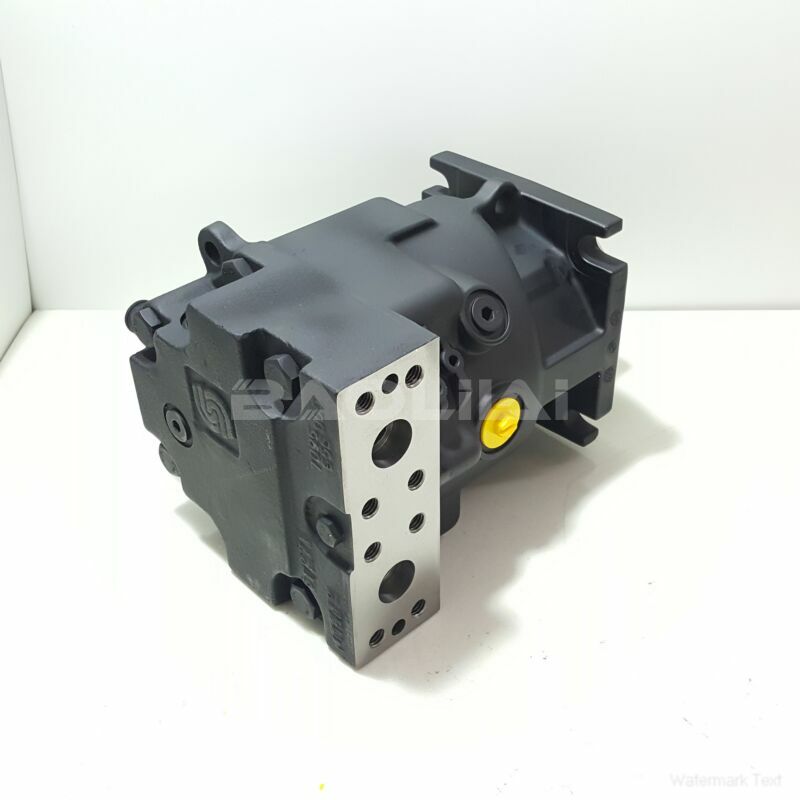90M055NC0N8N0S1W00NNN0000F3 piston motor
90M055NC0N8N0S1W00NNN0000F3 piston motor

- Product Details
- Applicable Scene
When it comes to industrial HVAC systems, selecting the right high voltage motor is crucial for ensuring efficient, reliable, and cost-effective operation. High voltage motors typically operate at voltages higher than 1,000 volts and are vital for driving large fans, compressors, and pumps that are essential components of HVAC systems. This article outlines key considerations and steps to take when selecting high voltage motors for industrial HVAC applications.
90-M-055-NC-0-N-8-N-0-S1-W-00-NNN-00-00-F3
90M055NC0N8N0S1W00NNN0000F3
One of the first factors to consider is the application’s specific requirements. HVAC systems vary greatly in size, configuration, and function, from large commercial buildings to industrial plants. Assessing the load requirements, including horsepower, torque, and speed, is essential for selecting a motor that can handle the operational demands.

9431129
Another significant consideration is efficiency. High voltage motors are available in various efficiency classes, with premium efficiency models offering substantial energy savings over standard efficiency motors. Given the rising costs of electricity and the increasing emphasis on sustainability, investing in high-efficiency motors can lead to a significant reduction in operating costs and a smaller carbon footprint.
Compatibility with the HVAC system’s design and existing infrastructure is also critical. This includes considerations for the motor’s mounting style, shaft alignment, and drive type. Additionally, it’s essential to ensure that the motor’s rated voltage aligns with the system’s power supply. A mismatch can result in performance issues, increased energy consumption, or even equipment failure.
Environmental conditions play a role in motor selection as well. Motors used in harsh conditions, whether due to temperature extremes, humidity, or exposure to chemicals, may require additional protective features like special coatings or enclosures. Understanding the environment in which the motor will operate is crucial for maximizing longevity and reliability.
Another important aspect is the choice between standard and custom motors. While standard motors might meet the general requirements, custom motors can be tailored for specific applications, potentially enhancing performance and efficiency. Engaging with manufacturers to explore options for custom solutions can provide significant benefits in terms of application success.





